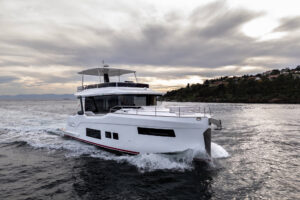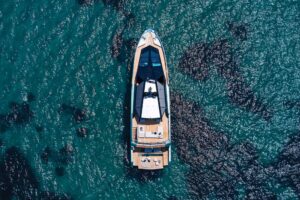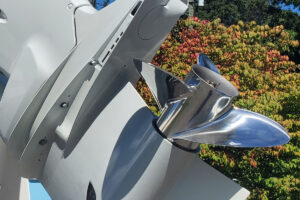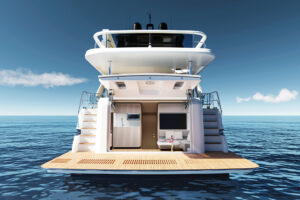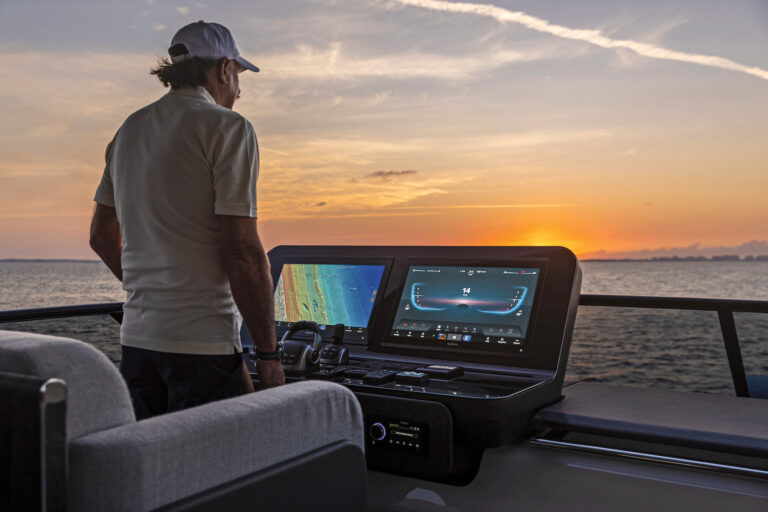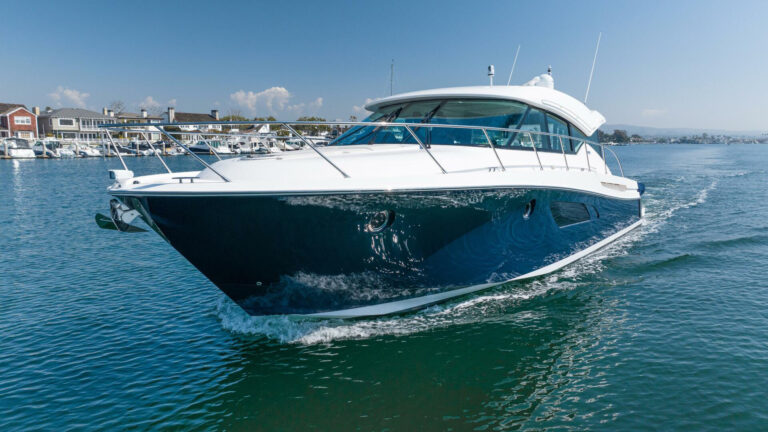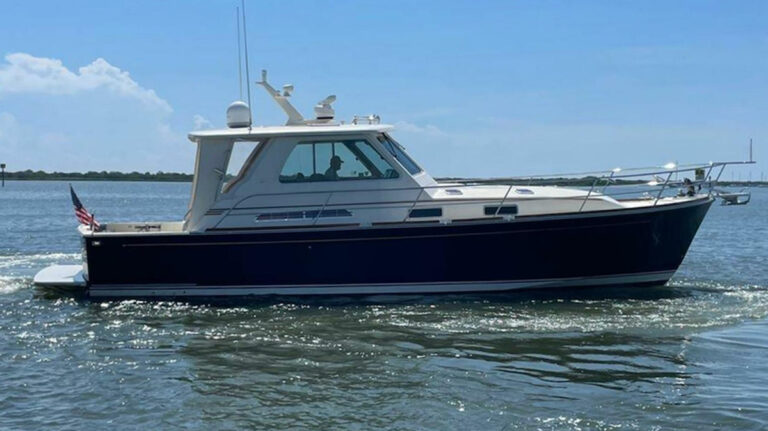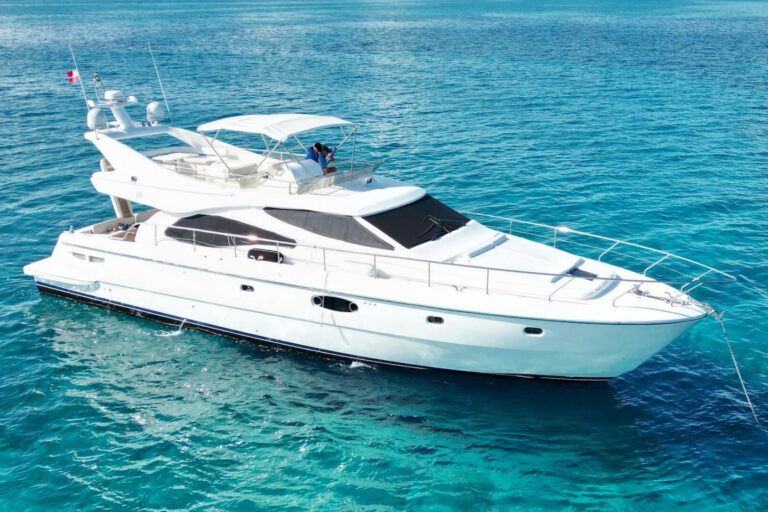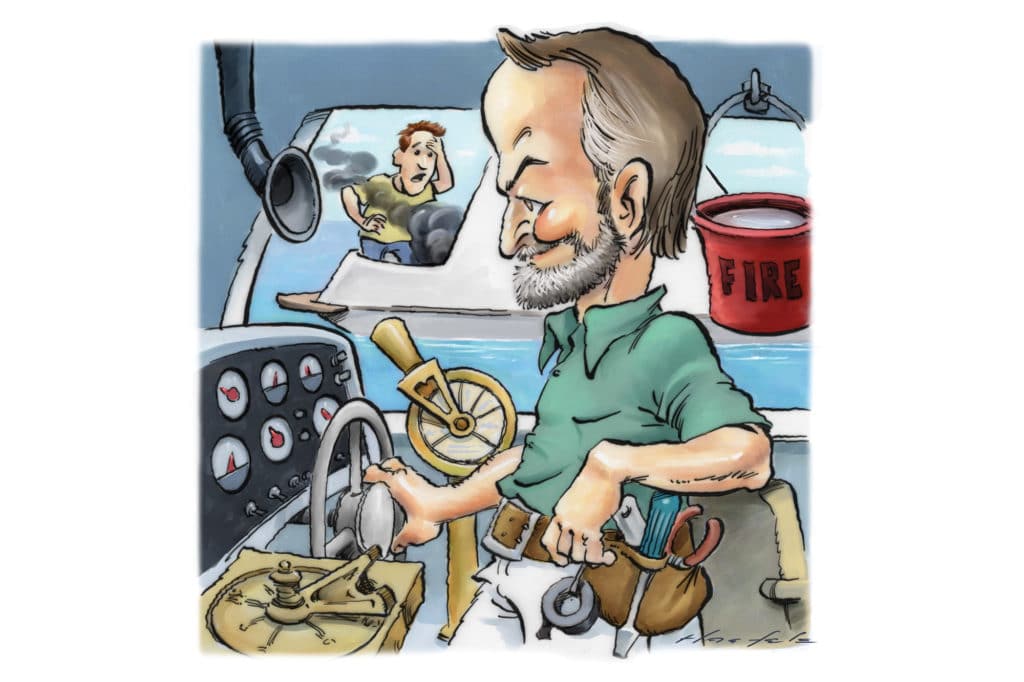
I was social distancing with my pal Ted the other day. We’d been killing time in the COVID-19 stir, ogling yacht-brokerage listings and dreaming of escape. Like most hardworking folks supporting a boating addiction, Ted had invested too much time dreaming instead of doing. “I can’t seem to get very far from the dock,” he groused.
His comment made me think of Eli’s Barber Shop in Glenbrook, Connecticut, circa 1962. Eli was adding the Butch Wax grill to my monthly flattop when Pop returned to collect me after a supply run to the package store. As he opened the door of his new Ford Falcon, a more substantial vehicle executing a two-whistle pass completed the task for him. Eli suggested a tow truck, but Pop simply collected the door, stuffed it in the trunk and drove us home. I was impressed.
From that day forward, I saw things differently. I liked to fix and build stuff. Not very well at first, mind you, but I now realized that a lack of innate skill was not an issue. Pop was not particularly handy, but his shortcoming had made him an expert in accident mitigation. Grill fires, plumbing disasters—he not only expected them, but he also planned for them. Pop was a problem solver.
An ability to anticipate and plan for problems at sea is the trademark of a competent skipper too. I’ve always counted on waterborne problems, and while optimists have poked fun at me for the bags of tools and spare parts I pack, they rarely hesitate to ask for my help. My Plan A for cruising in remote areas is to have all I need to keep the boat afloat and operational so I don’t need Plan B: a life raft and bailout bag.
For years, industry pundits have claimed that boaters can be independent aboard a floating home or office. Cellular and satellite connections can keep overachievers and their iPad progeny in touch from offshore. The sales pitch seems particularly prescient now, with the world trying to exist at a social distance.
Unfortunately, these technologies along with joysticks, gyrostabilizers and smart diesels have also shortened our umbilical cord to marine service. The more stuff there is on board, the more problems there are to solve.
Read More from Jay Coyle: Tell Tales
Boats built in the past 20 years are complicated affairs with computers screwed to almost everything. Even the best problem-solving skipper can be rendered helpless by a display flashing threats like “fault 680, call a technician.”
“The only way to minimize your dependence on the boatyard is to keep things simple. Go analog,” I suggested to Ted.
He was a step ahead of me. “Check out this listing,” he replied.
Ted’s find was a ride nautical newbies don’t get: a 1990s 65-foot Hatteras enclosed-bridge convertible.
“I’d lose the 16-cylinder two-strokes and plug in smaller analog four-strokes that don’t talk in code and slurp fuel,” Ted said, dreaming. “Coyle, ya can’t buy a 25-foot center-console for what they’re asking.”
The 65 was as solid as the Ark and had volume Noah would have envied.
“The listing suggests she’s the perfect place to ride out the world’s problems,” Ted gushed.
Perhaps, I thought, she’d be the perfect place to solve problems while riding out the world’s problems.

